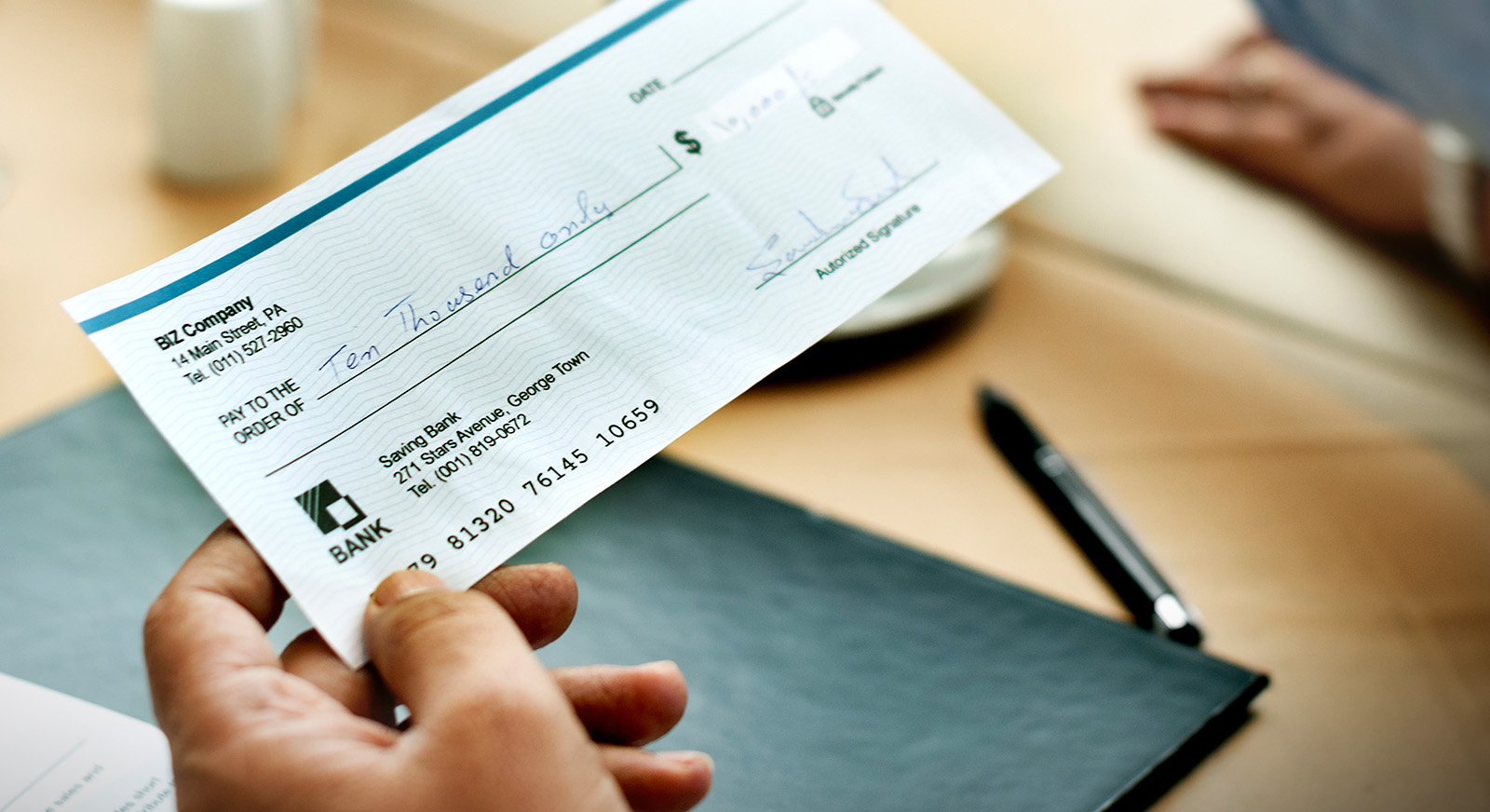Can Power Of Attorney Sign Checks? (Explained)
Are you suddenly in charge of managing someone else’s finances through a Power of Attorney?
Or maybe you’re planning ahead and want to know what powers you can grant to someone?
One of the big questions that often comes up is whether a Power of Attorney can sign checks. It’s an important detail that can really affect how day-to-day finances are handled.
In this guide, I’ll clear things up and go over everything you need to know about signing checks as a Power of Attorney.
Table of Contents
ToggleCan A Power of Attorney Sign Checks?
Yes, a power of attorney can sign checks. But, there’s more to it than that.
Usually, this check-signing power comes with what we call a financial power of attorney. It’s a document that lets the agent handle the principal’s financial matters.
But here’s the thing – some POAs might have limits or special instructions.
So, if you’re the principal or the agent, make sure you read that document carefully.
Also Read: Types of Power of Attorney
Apart from that, even when a POA does allow handling checks, some banks might have their own rules about accepting POA documents.
They might want to review the POA and ask for more paperwork before letting an agent sign checks on the principal’s account.
How To Sign Checks As A Power of Attorney
Okay, so you’ve got the power to sign checks. Great! But how do you actually do it? There’s a specific way to sign that keeps everything clear and legal.
Here’s what you need to do:
- Write down the principal’s name
- Add the word “by” or “for”
- Sign your own name as the agent
- Add “POA” or “Attorney-in-Fact” at the end
Examples
Let’s look at some examples to make it super clear:
- Sarah Smith, by Jane Watson, POA
- James Crump by Cindy Minton, Power Of Attorney
- Clara Johnson, by Michael Johnson, Attorney-in-Fact
- Robert Brown, by Elizabeth Green, Agent
Steps To Take Before Signing Checks As POA
Before you start signing those checks, there are a few things you should do:
Also Read: Tips for Utilizing Power of Attorney
Give The Bank Your POA Documents
First things first, take a certified copy of the POA document to the bank (if you haven’t already).
They need to see it to make sure you have the authority to sign checks. Without it, they won’t accept any of the checks you sign.
It’s best to do this as soon as the POA is set up, not when you’re in a rush to write a check.
Check If The Bank Accepts Your POA
Just because you have a POA doesn’t mean every bank will automatically be cool with it. Some banks might have their own rules or forms.
After you give them the document, make sure they’re okay with it.
If there are any problems, it’s better to sort them out now rather than later.
Ask The Bank For Their Preferred Signature Format
Remember how we talked about different ways to sign?
Well, each bank might like it done a certain way. Even though the format we mentioned earlier is pretty common, it’s best to ask the bank directly how they want you to sign
This way, you won’t have any trouble when you actually need to write a check.
Limitations, Restrictions And Legal Considerations
Now, having a POA is a big deal, but it doesn’t mean you can do whatever you want.
There are rules and limits you need to follow.
As the agent, you always have to act in the best interest of the principal.
You can only do what the POA document says you can do. If you misuse your power, like writing checks for yourself without permission, you could get into serious trouble.
Also Read: Is Your Will Giving You Trust Issues?
Some POAs have specific restrictions too. Others might be “springing,” which means they only kick in under certain conditions, like if the principal becomes unable to make decisions.
Also, banks have their own rules about POAs.
They might ask you to update or confirm the POA document every so often, especially if it’s been in place for a long time.
Best Practices For POA Agents
If you’re an agent, here are some good habits to get into:
- Keep records of all the financial transactions, including copies of checks you write.
- If possible, talk regularly with the principal about financial decisions.
- Don’t mix the principal’s money with your own.
- Be open with family members or others involved about what you’re doing with the money.
And if things get complicated, don’t be afraid to ask a lawyer or financial advisor for help.
Bottom Line

A power of attorney can sign bank checks, as long as the POA document says they can.
But remember, this power comes with a lot of responsibility. You’ve got to follow the rules, do what’s best for the principal, and keep good records of everything you do.
FAQs
How Do I Sign As Power Of Attorney For My Mother
When you’re signing as power of attorney for your mom, you’d write something like this: “Your Mom’s Name, by Your Name, POA” or “Your Mom’s Name, by Your Name, Attorney-in-Fact.”
But remember, always check with the bank to see how they want you to do it.
Can A Power Of Attorney Write Checks To Themselves?
Yes, a Power of Attorney could write a check to themselves.
You can prevent this by setting up a dual signatory with the bank, so that every check would need two signatures – your one and the POAs.
Disclaimer: This material is intended for general information purposes only and does not constitute legal advice. Responses to inquiries, whether by email, telephone, or other means, do not constitute legal advice, nor do they create or imply the existence of an attorney-client relationship.
